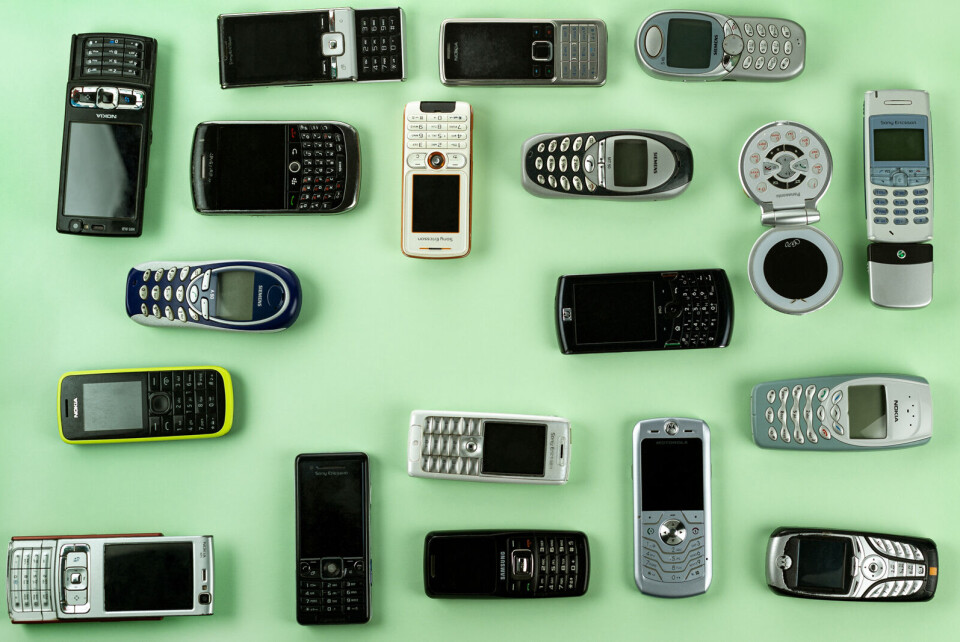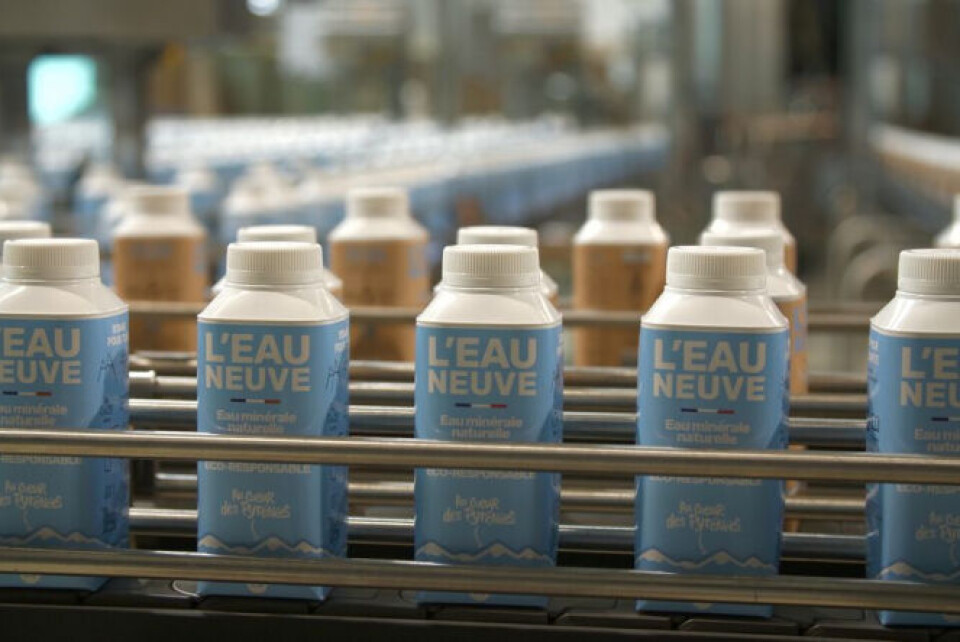-
Veggie burgers and plant-based sausages: French farmers and consumers react to name ruling delay
The EU failed to reach final agreement to draft rules governing plant-based naming
-
Hydroelectric conversions boost demand for historic French watermills
Laws on restoring rivers mean many are now threatened with removal
-
Millions of Perrier bottles blocked in south of France over bacteria concerns
Anomalies found at plant in Gard
Green news France: ‘Digital imprint’ bill not enough, SNCF no plastic
New bill aimed at reducing the environmental footprint of digital technology is welcome but does not not go far enough, hazardous paint factory opposed in Provence and more

Bill does not go far enough says union
In a pioneering move, French Parliament has approved a bill aimed at reducing the environmental footprint of digital technology, in particular the recycling and re-use of digital devices such as smartphones, computers, tablets.
The bill was brought for vote by Les Républicains MP Patrick Chaize.
According to research by a Senate information group, if nothing is done, by 2040 digital technology will be responsible for 24 million tons of carbon equivalent, or about 7% of France’s greenhouse gas emissions, compared to 2% today.
Despite the bill passing, there was outcry from some over the removal of a clause allowing second-hand sales of such items to be free of certain tax breaks. “What a waste!” said Mr. Chaize, saying the decision is contrary to the very objective of the proposed law. “What a bad message to want to tax what we want to encourage,” added Didier Mandelli (LR).
The reconditioning sector accounts for 15% of telephone sales in France.
The bill’s approval was met with dismay too by the recycling industry union. “The absence of concrete actions by the government is seen as a real betrayal by the 5,000 employees of the sector,” the Federation of Reuse and the trade union SIRRMIET said jointly in a statement.
The bill also proposes the creation of an “observatory of the environmental impacts of digital technology” in order to establish more accurate data, on what is seen as a complex issue.
Hazardous paint factory opposed
Around 500 angry locals, including elected officials, have demonstrated against a proposed new paint factory in Marignane, Provence-Alpes-Côte d’Azur.
The Satys factory intends to produce paints using chemicals such as chromium 6 and hydrochloric acid, two carcinogenic agents, reports France Bleu.
“It is inadmissible that such a factory is being set up near our schools, our colleges, our high schools, an Ehpad, less than 300 metres from houses,” said Justine Giordano, president of protest group Respire 13.
The town’s mayor also opposes the factory and said he will not sign a building permit. Eric Le Dissès announced at a public meeting: “There are questions, suspicions, and as mayor I am careful and ask that the plant not be installed.”
No more plastic bottles on SNCF trains
The SNCF has stopped selling plastic bottles on its TGV and Intercity trains, opting instead for recyclable packaging.
“It was a real paradox that we put millions (of euros) to have TGVs 97% recyclable and that we sold plastic bottles,” director of Voyages SNCF, Alain Krakovitch, told AFP.

The plastic bottles are being replaced by cardboard packaging for still water and aluminium cans for sparkling water, both sold under the name “L’Eau Neuve” and supplied by the Ariège firm La Compagnie des Pyrénées. Its water source is at an altitude of 1,332metres in the Pyrenees, at Mérens-les-Vals.
The SNCF sells two million cans and bottles per year in its train bars, with water being the second most popular product after coffee.
Environmental impact trial for campsites
The Hérault department in Occitanie is experimenting with environmental labelling, to be displayed in its campsites.
The department boasts 248 campings, which is three times the average of other French departments, and a campsite’s eco-credentials are thought to influence three out of four potential visitors.
“In five years, this labelling will be mandatory, so it’s in our interest to be ahead of the game,” said Mathieu Maurel, manager of a campsite in Marseillan Plage. “It’s important to be involved rather than to be subjected to it.”
Related stories
Green news France: Wind farm angers fishermen, €8M water reuse pledge
Innovative French service offering airline recycling and storage
























